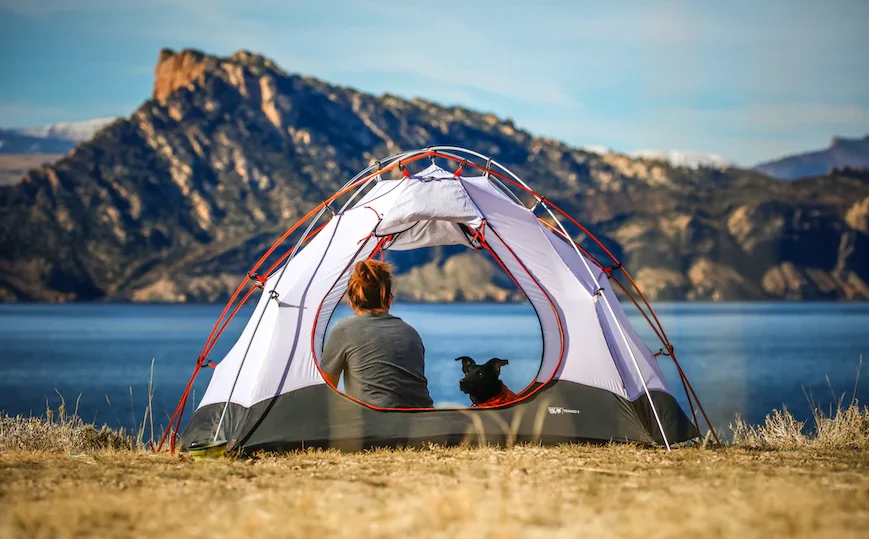
Back to basics: A guide to Survival Camping
Survival Camping is a relatively new concept. For the more adventurous souls, it is an opportunity to connect with nature, hone your survival skills, and indulge in the spirit of your surroundings with little to no modern amenities to hold back. Survival camping has risen in popularity, especially over the last few decades, and it fuels your primal instincts like no other sport.
The simulation of a survivalist situation with little to no help coming for you can turn into a real one quickly, and you should prepare for that. Therefore we are bringing you a concise guide to survival camping and some tools or gadgets you can take with you on the trip.

What you need to be mindful of while going camping
● Preparing for the camping trip before you leave Survival Camping is not like regular camping; it takes a certain physical strength to get through. If you are not in shape, start by working out and strengthening your core. Climbing, pulling, and pushing with your arms, sprinting, and jogging, etc., are recommended. Similarly, you need to make sure your supplies and essentials are all in good condition and properly packed before you head out. Forgetting your fire-starting equipment as the night falls while you are in the wild is the last thing you need.
● Encounters with animals and wildlife. Though popular camping sites are usually monitored, and wild animals stay away from humans, survival camping means you will be more remote and isolated from others. Learn about the local flora and fauna. Understand their patterns and behaviors. Find out how to react to and ward off threats when you come across any that pose a risk to your personal safety.

● Check the weather. Knowing what to expect is crucial in survival camping. If there’s a storm brewing, knowing that as early as possible is the difference between getting stranded and finding shelter. Check out the weather patterns and make changes to your plan and gear accordingly.
● Controlling the campfire. You should be responsible and careful in the wild. An unassuming campfire can turn into a forest fire quickly if you don’t pay enough attention to it. Learn how to start and smother the flames. Throwing dirt in it or dropping water can quench the flames, but you also need to make sure you can really manage the fire by yourself before attempting that. Contact authorities as soon as it is safe to do so, and don’t be afraid to seek help if you think you can’t manage it alone.

● Diseases and medical emergencies. Getting lost or facing medical issues can be life-threatening in some situations. Some plants or animals carry powerful pathogens that harm you, like allergies or sensory deprivations. Similarly, injuries can also compromise your ability to seek help, and you need to be prepared for such scenarios. Having the basic medical knowledge and emergency contacts on your phone can help. You can also carry a personal GPS tracker with an SOS button that transmits your accurate location so that anyone trying to find you can do so quickly.
The wilderness is a serious place, and the ever-giving mother nature can also be unforgiving and deadly at times. This style of camping isn’t everyone’s cup of tea, and the experience itself can break the unprepared. Unless you are confident in your resourcefulness and your gears are dependable, it’s not recommended to head off and detach connections from the outside world to find yourself. Keep these points in mind, do a little bit of research, and invest in quality over flash while buying gears and most importantly enjoy every minute of your unique freedom!






